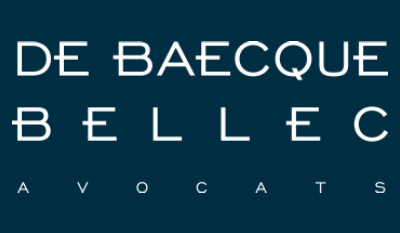The French government has removed the authorities’ power to cut off Internet access to file-sharers suspected of repeatedly infringing copyright.
A decree published on Tuesday shows that file-shares can still face fines of up to €1,500 after receiving three warnings about their behaviour on peer-to-peer networks.
France’s graduated response system is led by government agency Hadopi, which can issue Internet users with ‘three strikes’ before a court can suspend their Internet access for one month as well as fine them.
The removal of the courts’ power to cut Internet connections comes two months after a report, published by French businessman Pierre Lescure, urged the government to remove the penalty and reduce the maximum fine from €1,500 to €60.
Lescure, who was commissioned by the French Ministry of Culture and Communication to review the ‘three-strike’ system, also found that Hadopi should be scrapped and its powers transferred to the Higher Audiovisual Council (CSA), France’s broadcasting regulator.
Since October 2010, Hadopi has sent out about 1.9 million first warnings and 186,000 second warnings to Internet users, while 663 people have received a third strike. Only one person has had their Internet access cut off – in May this year a file-sharer’s Internet was suspended for 15 days and it was fined €600.
French culture minister Aurélie Filippetti said last year that Hadopi was too expensive and had failed to fulfil its mission of encouraging legal downloading.
In a press release on Tuesday, Filippetti said cutting off users’ connections was a “totally inappropriate punishment” and that the government is now targeting “commercial piracy”, including sites profiting from pirated content.
The latest development confirms that the graduated response system has not worked as well as hoped, said Olivier de Baecque, a lawyer at Borowsky & De Baeque LLP in Paris.
“Only one individual has been sued to date. Internet disconnection could not be an efficient sanction when one may create a new Internet connection in a couple of minutes.”
An effective response to piracy may require considering economic factors rather than legal ones, he added: “Legal downloading prices are high and the delay between the release of movies in theatres and their legal diffusion online is long. Internet users are not willing to pay so much and wait so long. These factors encourage piracy.”
It remains unclear whether the government will implement any of Lescure’s other recommendations, such as transferring Hadopi’s powers to CSA.
De Baecque continued: “It’s very easy to change the law but transferring powers needs more discussion – in government and in parliament.”
